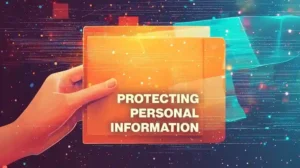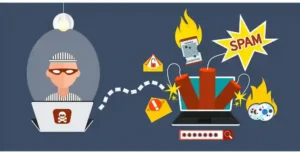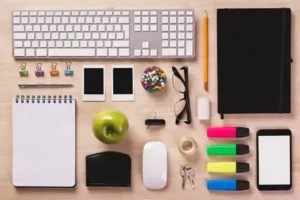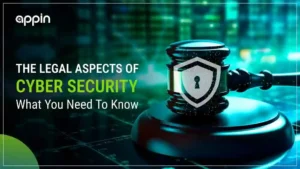Essential Safety Tips for Securing Your Life Online & Offline
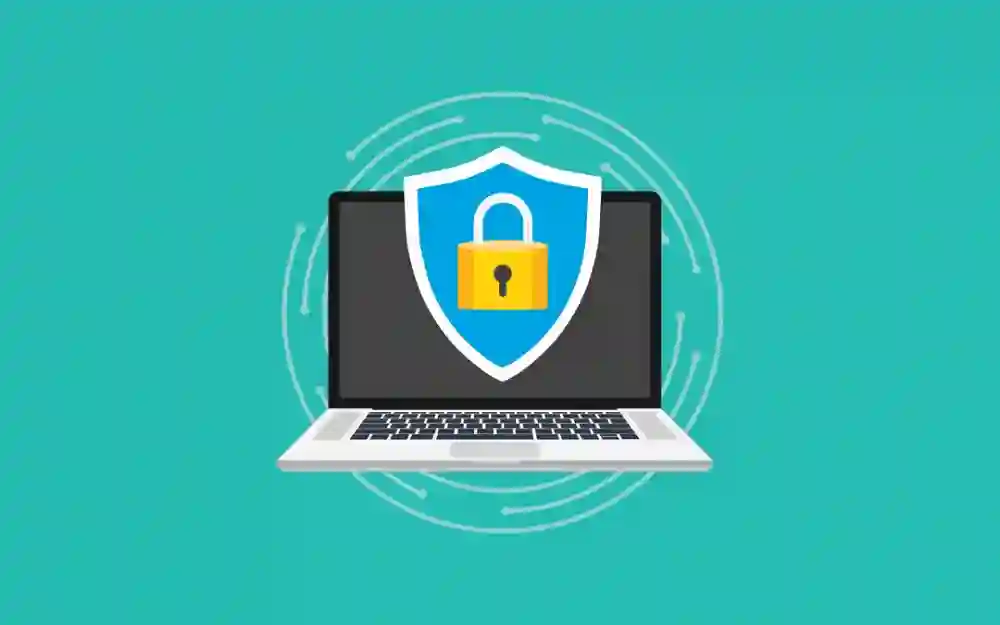
Alright, let’s cut straight to the chase: Essential Safety Tips are your new best friends. With everything from your bank account to your grocery list being stored on the internet, it’s easy to see how slipping up online could be… well, less than ideal. And don’t get me started on the offline risks. I mean, sure, physical safety isn’t as “sexy” as tracking your online footprint, but ever had your bike stolen in broad daylight? Not fun. This article’s gonna give you the lowdown on how to secure both your virtual life and your real-world one. Ready? Let’s dive in.
The Online Jungle: How Not to Get Eaten Alive
I’ll be honest—navigating the internet feels like a giant, endless game of Whack-a-Mole. One minute you’re safely clicking away, the next—BAM! A pop-up offering a “super legit” job in Iceland. Anyway, here’s the kicker: securing your online life takes just a few small habits, and I’ll break them down for you. But first, let’s talk about passwords.
1. Strong Passwords & Two-Factor Authentication—Your Armor
Listen, I used to think using my dog’s name plus “123” was a solid password. Yeah. Turns out that’s basically the digital equivalent of leaving your front door wide open with a sign that says, “Hey, come on in.” I learned the hard way, trust me. A strong password is like a good lock: it should be hard to guess. Use a mix of uppercase, lowercase, numbers, and special characters. And please, please, enable two-factor authentication (2FA). Trust me, if my Netflix account can survive an attempted hack after I enabled 2FA, yours can too.
Pro tip: Write down your passwords somewhere safe—no, not on a Post-it on your laptop (again, trust me on this one). A password manager is your friend.
2. Updates. Always. No Excuses.
Okay, so here’s the thing: you know that annoying update notification you keep ignoring? Yeah, that’s your security system begging for mercy. Software updates often include patches that fix vulnerabilities. It’s like getting a free, invisible bodyguard for your devices. You know those dodgy emails that end up in your spam folder? Well, those usually work because people don’t update their antivirus software. The fix is simple: hit “update” whenever it pops up—yeah, even at 2 a.m. It could save you big time.
3. Public Wi-Fi: Avoid It Like That One Relative at Thanksgiving
Now, I love a good coffee shop Wi-Fi as much as anyone, but public Wi-Fi is like the wild west for hackers. Last time I used one, I felt like I was handing my personal info to some shady character in a trench coat. If you absolutely must use public Wi-Fi, use a VPN. It’s like a digital invisibility cloak, but for your online activities. Also, try not to access sensitive accounts—like, say, online banking—on public Wi-Fi. I mean, I can’t even trust the Wi-Fi password at my local Starbucks (it’s usually something like “password123,” no joke).
4. Phishing Scams—The Bait-and-Switch You Don’t Need
One of the most frustrating things in life is getting an email that looks super legit but is 100% a scam. Phishing emails usually try to lure you into giving up sensitive information. Ever gotten an email from “your bank” saying your account was compromised—then asking for your login details? Yeah, no. Just stop. Don’t click on links from unverified sources. If it looks too good to be true (or too alarming), it probably is. My trick? Always double-check the sender’s email address. I once almost clicked on a “limited-time sale” from what looked like Amazon… but it was actually from “amaz0n@fakenet.com.” Rookie move.
Offline Safety: More Than Just Locking Your Door
I’m the first to admit that I spend a lot of time online. But my best friend lost her wallet at a concert once, and it wasn’t until then that I realized we can’t forget about offline security. You can lock down your accounts all you want, but if your physical world is a mess, well, that’s a problem too.
1. Home Sweet (Secure) Home
I’m not saying you need a steel door or anything, but making sure your home is safe is a no-brainer. Invest in decent locks and maybe even a security system if it’s in the budget. I learned the hard way after that one time I left my apartment for 10 minutes, came back, and found the window open. (Yeah, don’t do that.) Pro tip: Never leave spare keys under the doormat, or—worse—under the potted plant. Criminals are smarter than you think.
2. Staying Safe in Public? Easy.
I had an ex who used to tell me to “just trust my instincts,” but you know what? He was right (don’t tell him I said that). You’ve got to stay aware of your surroundings. I had a moment once, walking home from a late shift, when some sketchy dude started following me. Total panic mode. I ducked into a nearby store, but honestly, just being alert kept me safe. Stick to well-lit areas at night, keep your phone out of sight, and if you feel off about a situation, trust that gut feeling. No shame in grabbing a taxi if it feels safer than walking.
3. Identity Theft—Don’t Let It Happen to You
We all know the drill: don’t share personal info unless it’s absolutely necessary. But here’s where it gets sneaky: sometimes, it’s not about what you give away, but what’s taken from you. Case in point: I once threw away a pile of old bank statements… without shredding them first. A month later, I got a call about fraudulent charges. Now, I’m obsessive about shredding anything with my name on it. Trust me—identity theft can happen to anyone. Be vigilant with your paperwork, and don’t be afraid to ask about security when you hand over your card at that funky new restaurant.
4. Car Safety—Not Just About Parking
Your car is like a mobile extension of your home—so keep it safe. Park in well-lit areas, and never leave valuables in plain view. My buddy Greg had his guitar stolen out of the backseat once while he was grabbing coffee (the nerve!). If you’re really concerned, invest in a steering wheel lock or one of those windshield sunshades that scream “I’m definitely locking this thing up tight.”
Combining Both Worlds: A Total Safety Strategy
Here’s the thing—online and offline security are two sides of the same coin. If you’re too busy locking down your online presence but leaving your car doors wide open, well, that’s a problem. Same goes for walking around without taking precautions online and expecting everything to be fine. You’ve got to cover all your bases.
1. Secure Your Devices in the Real World
The best advice I ever got was from my tech-savvy cousin: “Never leave your device unattended in public.” She had a whole routine where she’d lock her phone screen, encrypt her laptop, and if she went to the bathroom, she’d take her charger with her. Overkill? Maybe. But she’s never had her data stolen. I’ll admit it—I’m a little lazy with the encryption, but she’s got me thinking about it more.
2. Share Safety Tips with Those You Love
You know what’s better than securing your own life? Securing your loved ones’ lives too. Talk to your friends and family about online scams, personal safety, and how to protect themselves. My dad almost fell for a phishing scam once, thinking his bank was calling him. Yeah, I had to save him—again. Start young. Teach your kids about online safety, and remind your older relatives about the potential dangers of sharing too much information.
The Bottom Line
At the end of the day, it’s not about panicking over every notification, but taking simple, steady steps to protect yourself. Essential Safety Tips? Yeah, they matter. Whether it’s locking your accounts, securing your home, or staying sharp when you’re out and about, every little action makes a difference. Now, if you’ll excuse me, I’ve got to go update my passwords again.
